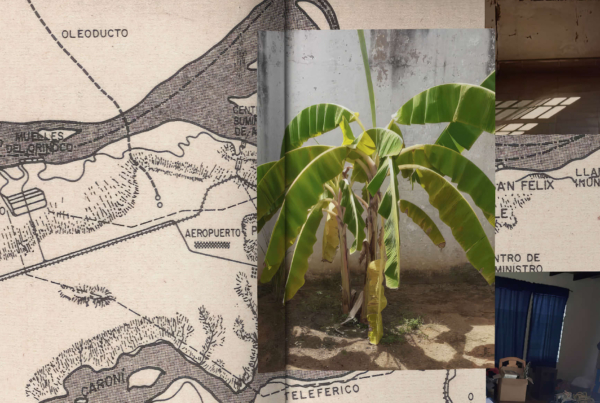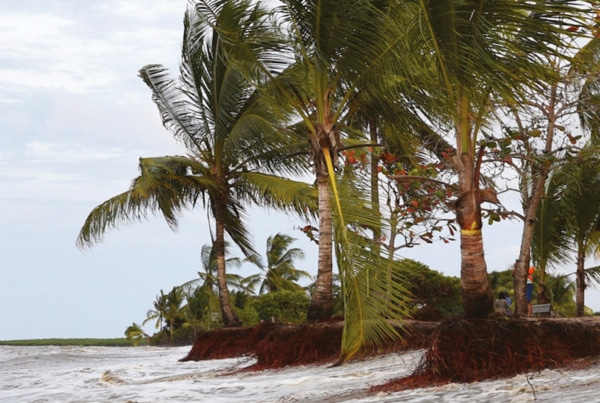
As part of the "Borders, Circulation, Interculturality and Human-Milieu Interactions" seminar, the LSH DFR, in collaboration with the LEEISA and MINEA laboratories, is organising a conference entitled "Le système migratoire haïtien en Amérique du Sud, based on the book: El sistema migratorio haitiano en América del Sur: proyectos, movilidades y políticas".
C It will be presented by Handerson Joseph and Cédric Audebert, coordinators of the book, Marianne Palisse, anthropologist, Wilmont Jean and Carlos Nieto, on Friday 10 February 2023 from 4pm to 6pm in room E114. The Haitian diaspora has been the subject of numerous scientific studies since the end of the twentieth century. However, after the 2010 earthquake, migration routes changed and migration to South America increased.

To compile the book, the coordinators, Handerson Joseph and Cédric Audebert, brought together a group of researchers working on Haitian migration in different countries, in order to gain a better understanding of the new migration routes, the way in which migrants' projects are affected by the public policies of the host countries, and the trajectories and experiences of the men, women and children who move and settle, contributing to the cultural diversity of South American societies.
This exceptional session of the 'Frontiers' seminar will bring together several of the book's contributors and its coordinators to present the book and open the discussion on the dynamics of the Haitian diaspora in South America.
After a presentation of the book by Cédric Audebert, Handerson Joseph will explore the question of the Haitian diaspora in the Guyana Plateau. Wilmont Jean and Marianne Palisse will present their article on 'papers' and asylum in French Guiana. Finally, Carlos Nieto will look at the routes and networks of Haitian migrants in Peru.
A few words about the speakers
Cédric Audebert
Geographer, Director of Research at the CNRS, Laboratoire Caribéen de Sciences Sociales, Martinique
Handerson Joseph
Anthropologist, Associate Professor at the Federal University of Rio Grande do Sul (UFRGS), Brazil
Wilmont Jean
Holder of a Master's degree in Civilisations, Cultures and Societies, Societies and Interculturality. He is the author of a master's thesis on asylum seekers in the Cayenne V district.
Marianne Palisse
Anthropologist, lecturer at the University of Guyana, LEEISA.
Carlos Nieto
D. in Social and Political Sciences and works as Academic Director at the Universidad Continental in Cuzco, Peru.




